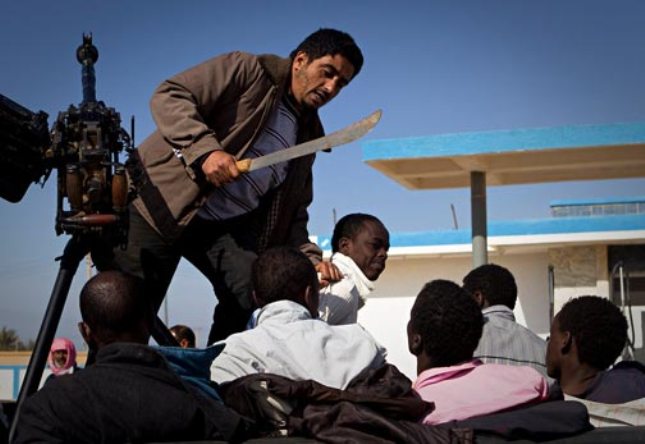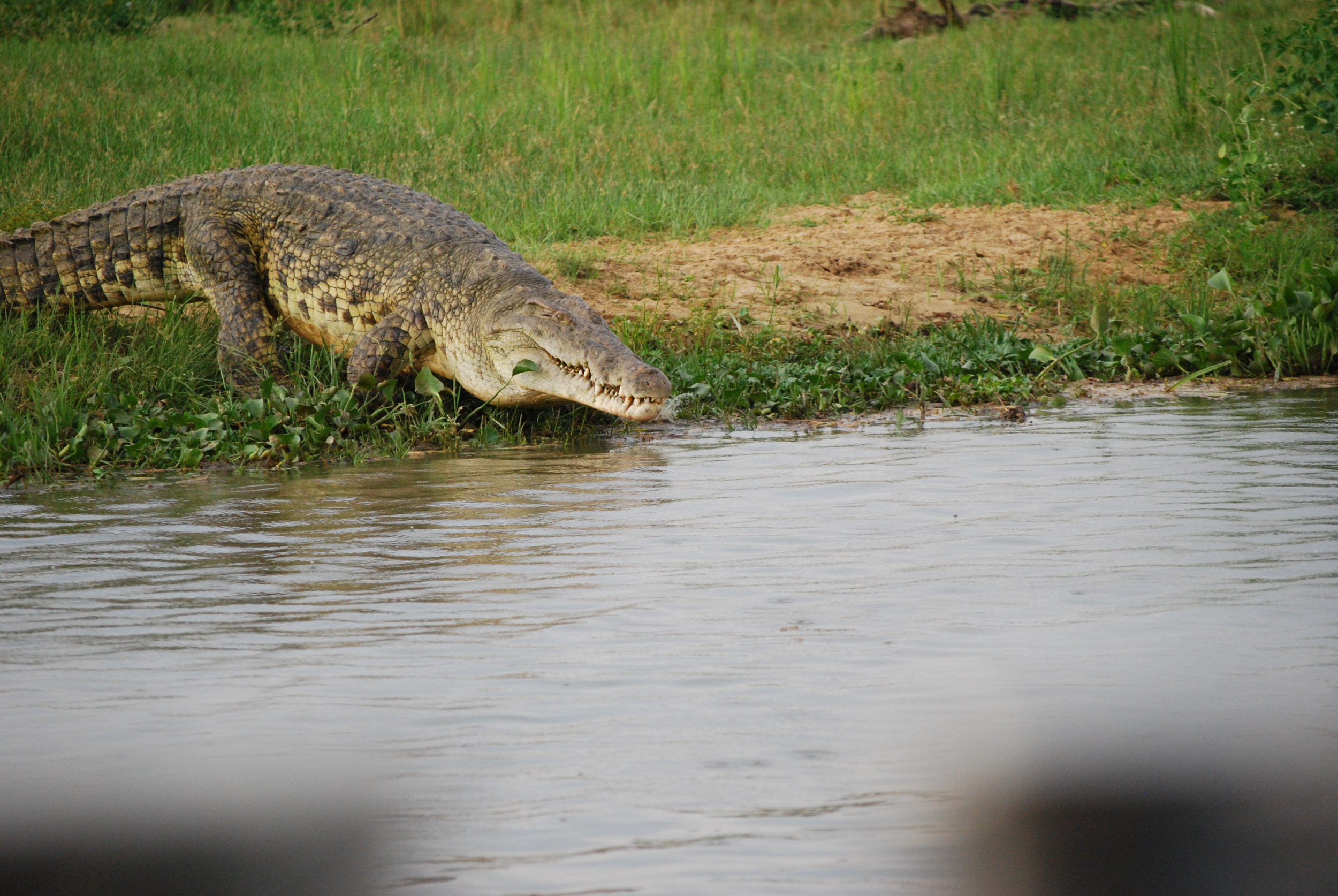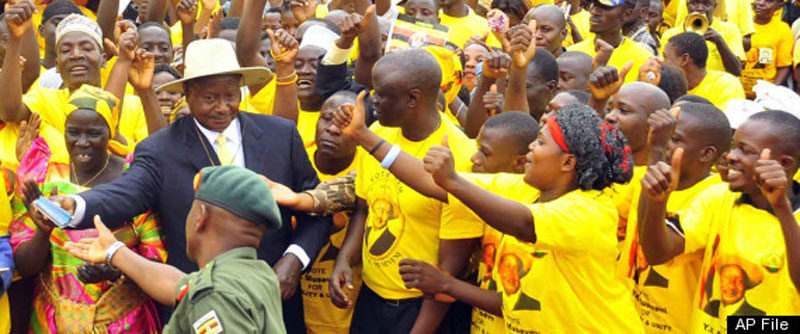A friend of mine just told a story her father told her about meeting young Gambians in a hotel in Tripoli. He had gone to attend a conference and there in the lobby were these young Mandinka speakers. He asked them what they were doing. They said they were students of “blah, blah, blah”. This is also a Ugandan story. Many Ugandan military men, doctors, artisans and scholars of Islam have gone back and forth to Libya.
Libya over the years of Gadaffi’s rule has absorbed a variety of Africans the most famous of which, in the current climate of killing, are those accused of being a part of his army. Less attention is paid to the acts of cruelty and death of black africans who yesterday were just a part of Libyan society, as foreign workers. Being Ugandan i recognise this reaction against “foreigners” associated with a regime.
Uganda is one of the most heterogenous countries in the region. It also has many religions living side by side. Nonetheless during its economic meltdown under Idi Amin, ordinary Ugandans cheered his expulsion of Asians. Later the sentiments were to return when several Asians were killed following a protest over a planned government giveaway of a national forest. They still simmer under the regime.
It appears that a strand is running through Uganda, South Africa during its xenophobic attacks in which incidentally some Ugandans were caught, is that local anger at “foreigners” is a proxy for anger at rulers. Foreigners are seen as benefitting the status quo or aiding the regime. Its widely believed that Asians in Uganda “bankroll” the regime. So when nations arrive at political and economic crossroads aliens in their society suffer. The anger against the Gadaffi regime, its wealthier clans, and patronage network is now being visited on black Africans- West Africans, Sudanese and the like.
Idi Amin and Gadaffi were friends. Gadaffi is friends with the ANC. But their politics at the international level, the stakes of their regimes have little to do with minorities living in their countries.
Its basically revenge from local populations. What is also interesting is that the plight of other Africans in Libya has not formed a huge political point for the African Union that has refused to recognise the Transitional National Council of Libya. They are more focussed on the wide ranging consequences of NATO’s overthrow of the regime in Tripoli.
This even if the attacks on these Africans are not just extreme but on a scale that matches the attrocities of the two armies there. As Gadaffi is caught in the deer lights of a fading regime, even the backers of the TNC, in Europe and America are looking askance at the issue of the bloodletting going on.
Instead permanent furniture in these games are given prominence like the case for crimes against humanity being made against the regime by Moreno Ocampo.










